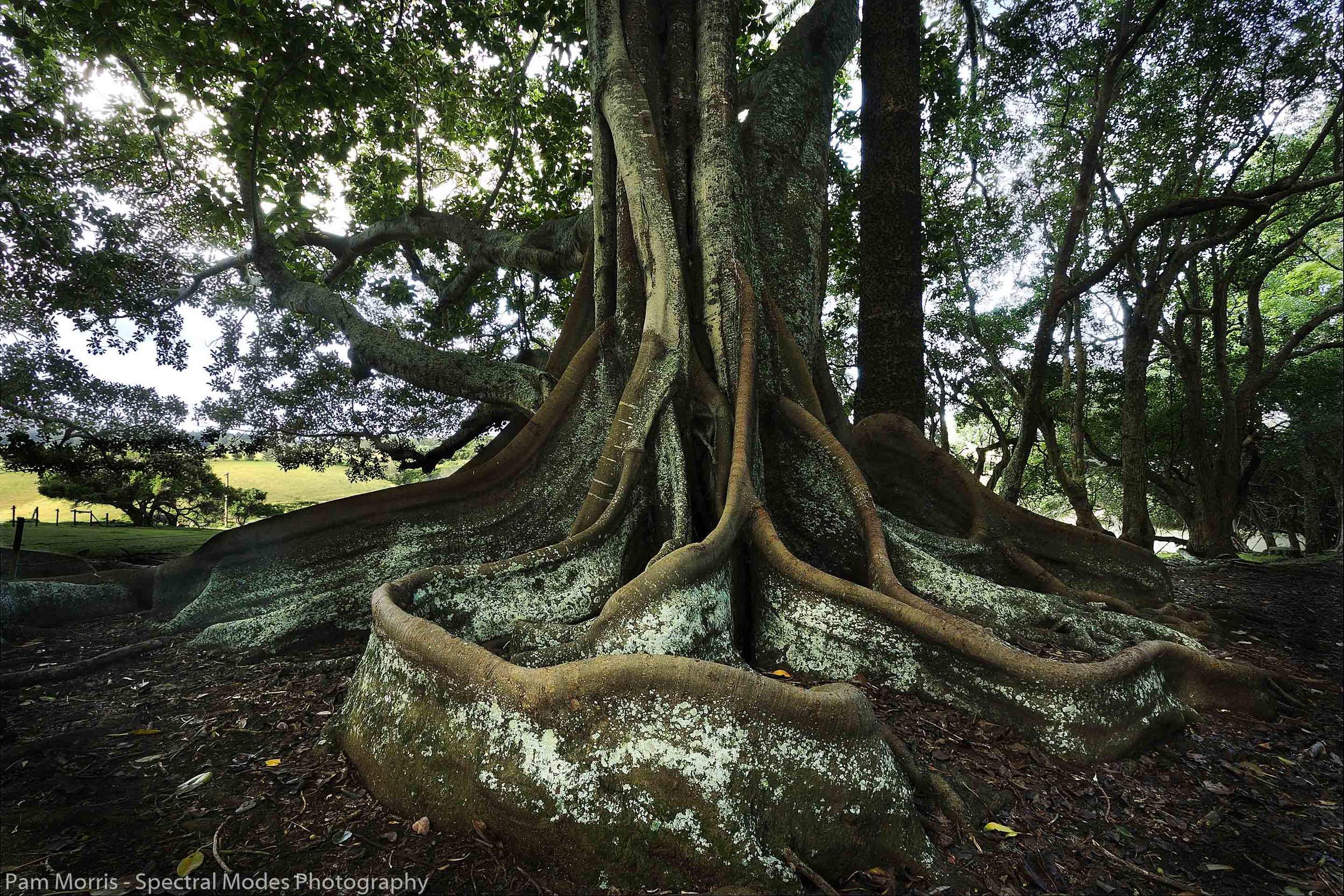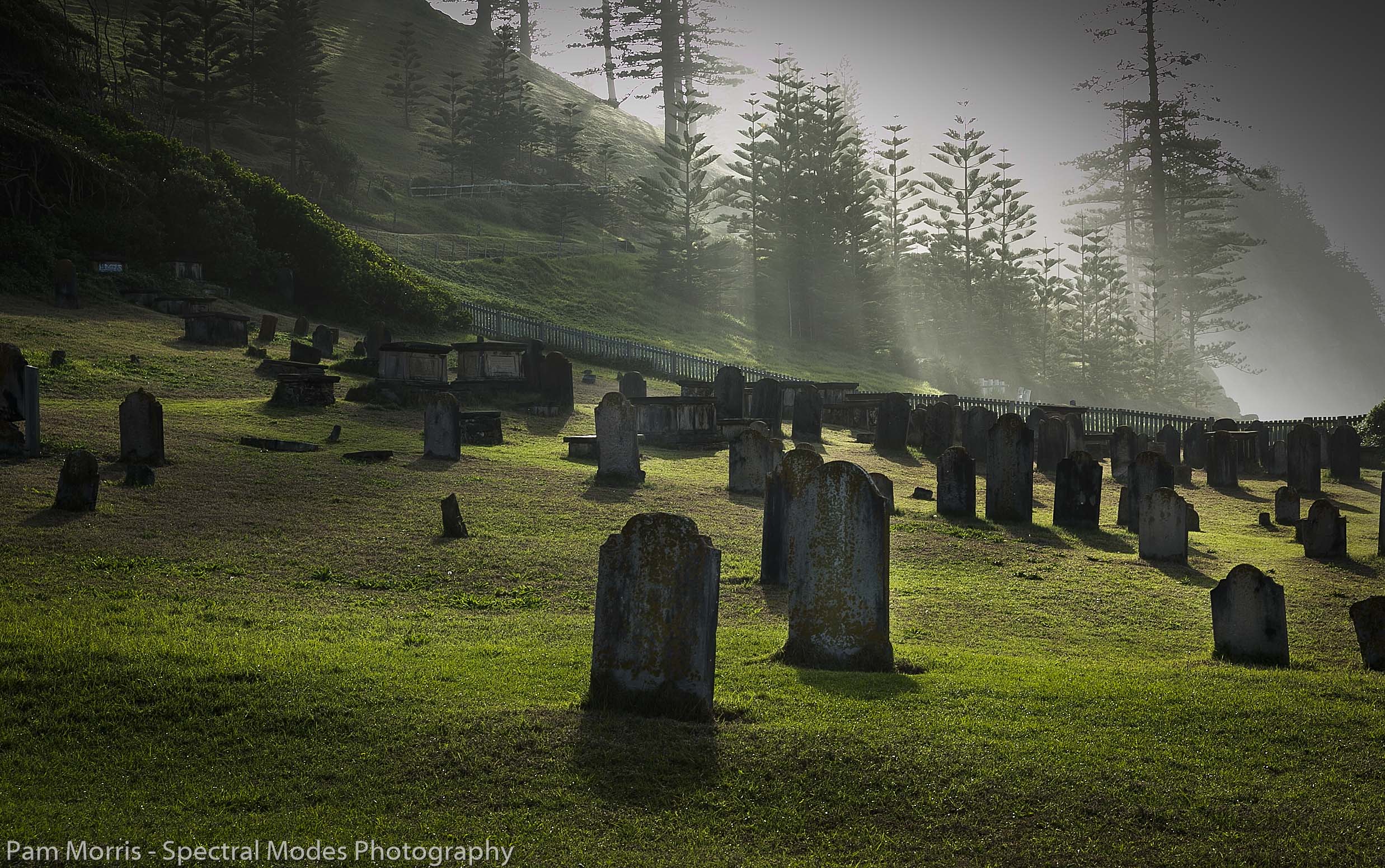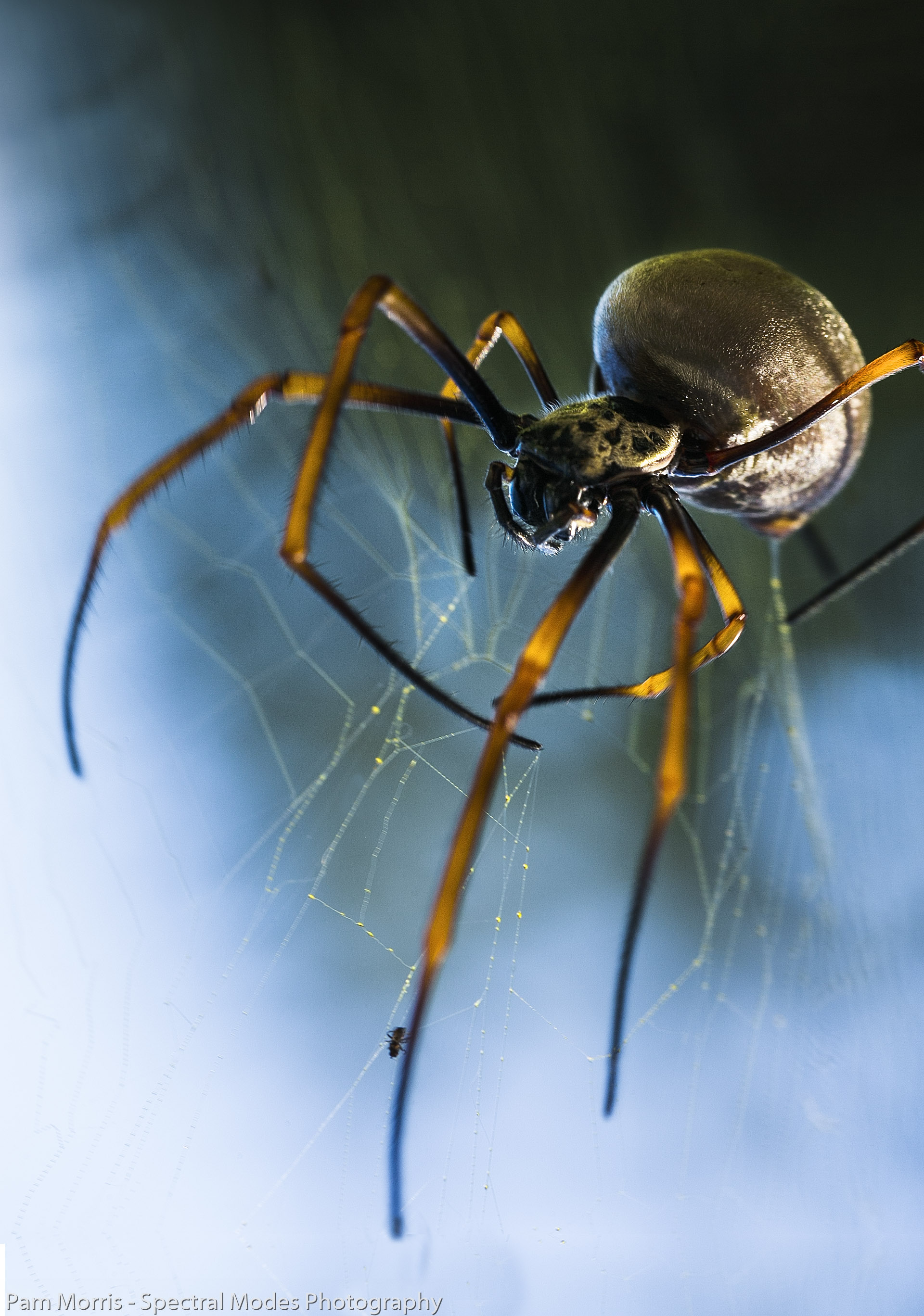Norfolk Island will always be known as the home of the Bounty mutineers, but few Australians are aware that the island, 1400 kms east of Australia, was first settled as a penal colony within 6 weeks of the first fleet landing at Sydney Cove in 1788. In Australia’s early years the fertile soil and abundant pines on the outpost island, helped relieve the mainland’s near-starvation and shortage of building materials.
The 35 km2 island is an isolated volcanic outcrop, with a coastline of massive jagged granite cliffs and rocky protrusions leading into offshore coral reefs making it nearly impossible to access by sea. Even today ships can only anchor a kilometre offshore and all cargo is ferried through the raging seas and rocky shoals to be offloaded by crane.
However, as the island struggled to survive, it soon became evident that this remoteness, exacerbated by the extreme danger in accessing the island, made the colony too difficult and expensive to maintain. The settlement buildings were razed and livestock slaughtered and all the inhabitants were removed by 1813. It was re-established as a prison in 1825 for Australia’s worst offending convicts and the beautiful sandstone Georgian style buildings that remain in Kingston today were built by this convict labour. The prison was notorious for its cruelty which resulted in numerous convict uprisings, rebellions and hangings. Detailed engravings on the tombstones provide graphic evidence of the mutinous executions and retaliations by the prisoners at their barbaric treatment. In 1855, responding to international pressure, the British Government closed the penal colony and transported all convicts to Tasmania.
This history of authoritarian rule and rebellion of the people has been with the island ever since and in June 1856 it became home to the descendants of the mutineers from the ship Bounty. In 1790 Christian Fletcher, his fellow mutineers, their Polynesian wives along with some Polynesian workers sheltered from the reprisal of the British Navy on a small pacific island called, Pitcairn.
Isolated from the world for nearly 30 years, the community flourished and the initial 18 inhabitants swelled to nearly 200, outgrowing the resources of the tiny 5 km2 island.
In response to their plight, the British Government ‘gifted’ Norfolk Island to the Pitcairn islanders and in May 1856 the entire community was relocated to Norfolk. However, after their arrival they found they had been misled and that they would only own about 25% of the island; the remainder was on lease. They were an honest, pious and disciplined community which was self-governing for 40 years; retaining their Pitcairn culture they spoke an archaic hybrid language of seafaring old English and Polynesian now known as Norf’k. This language is still taught and spoken by islanders and they retain their ‘god fearing’ culture where crime on the island is still almost non-existent and the people retain their old fashioned values and strong sense of community.
In 1896 the promise of self-rule was repealed and the Island was transferred to the Authority of New South Wales. The use of the old convict houses and administrative buildings was revoked in 1908 and the outraged islanders rebelled by burning down several heritage buildings.
Over the last century there has been growing resentment of ever increasing Australian authority undermining of their sovereignty. However, interestingly, this resentment does not extend to Australian mainland visitors who find the inhabitants friendly and the island an idyllic sub-tropical paradise where cows roam unimpeded by fences and the locals pursue a rural lifestyle of fishing, farming and tourism. There is an incredible feeling of pride in the close-knit, strongly related, community as everyone contributes to the well-being of the island
More recently Norfolk Island has been incorporated as an Australian Territory and the islanders forcibly made to become Australian citizens. The 2008 global financial crisis decimated the Island’s already weak economy which is primarily dependent on tourism. In 2015, in response to mounting debts, the Australian Government dissolved their Legislative Assembly and appointed an Australian Administrator. From July 1, 2016 Norfolk will become a fully operational Australian Territory, such that it will be governed by Australian laws for taxation, welfare, health and immigration.
Whilst many of the 1500 inhabitants have welcomed the changes, others, notably the fiercely independent descendants of the rebellious mutineers, bitterly resent the lack of consultation by the Australian Government, when crafting legislation about their future. Visitors to the island are confronted with signs of this new ‘mutiny’ with placards of green and white hands symbolizing Norfolk’s national colors and their catch cry of ‘hands up for democracy’. The islanders are incensed that their opinions are not sought and their rights not respected. Their demands for a democratic consultative approach has generally been ignored, as the Australian Federal government proceeds to dictate the terms on how they will be governed.
Only time will tell whether their voice is heard and if their economy and fragile cultural heritage will survive this latest authoritarian onslaught.
Norfolk Island is both an historic icon and a scenic wonderland, which Australians should honour, cherish and rejoice. Somehow we need to ensure the economic sustainability of the island whilst respecting its heritage and retaining aspects of its culture that are truly unique. Visit it soon while it still combines old world charm with its distinctive hybrid pacific island culture.








